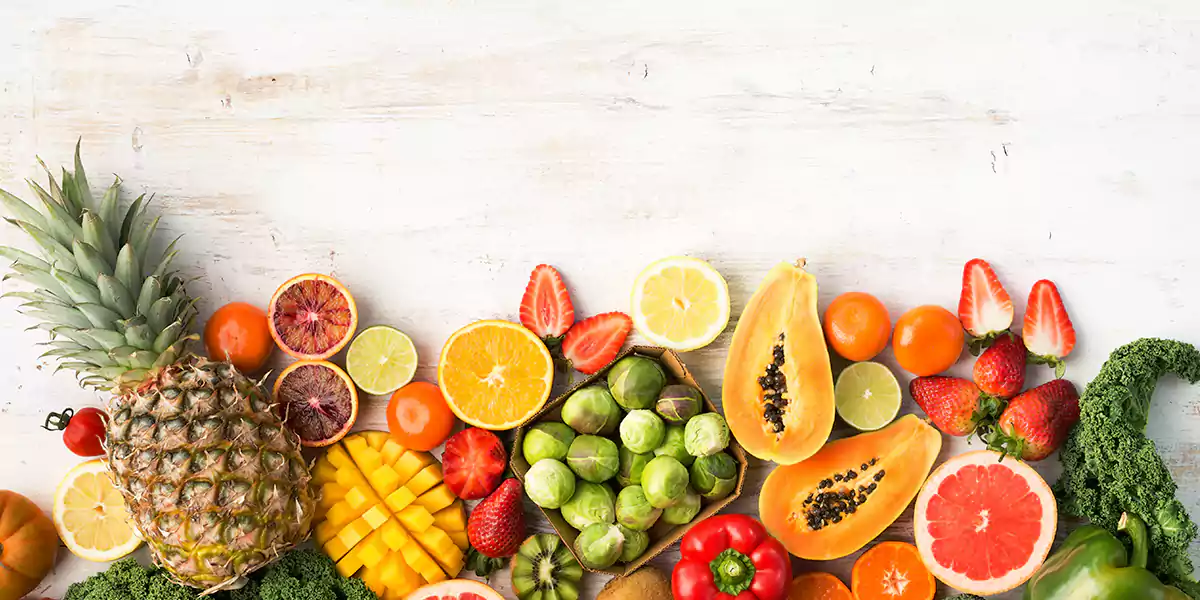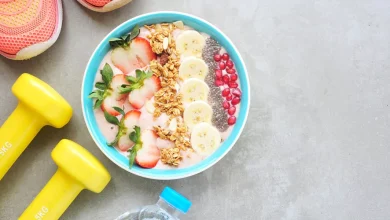5 Best Vitamins To Keep Your Health At Its Optimum Best

Thankfully, severe vitamin deficiency problems are less of a worry for modern humans than they were for our ancestors. Now that we know more, we can make healthier decisions.
Healthy food is easier to get by now that distribution has been streamlined. If vitamins aren’t already present in a food, we can easily supplement them. And if we eat a well-rounded diet, we increase our chances of obtaining these vitamins.
To function at its optimum, the body need a wide range of vitamins and minerals. For some of us, a healthy diet provides almost all of our nutritional requirements.
Which Dietary Supplements Should You Take?
Vitamin A
Vitamin A is essential for healthy eyesight, as well as for the development of red blood cells and bones. The RDI, or Recommended Daily Intake, is 5000 IU (IU). Even though vitamin requirements might vary widely from person to person due to a wide range of circumstances, the RDA provides a useful tool to define the normal quantity of each vitamin you need.
Foods like fish, liver, and eggs are good places to start looking. Although liver may provide up to 250% of the daily value for vitamin A, it’s not a meal that many people look forward to eating. Up to half of the vitamin A you need in a day may be found in a single salmon fillet.
Vitamins B
The vitamin B complex is essential for the body to turn food into usable energy. Varying foods contain varied amounts of B vitamins and have different recommended daily allowances. Fortified cereals and grains, as well as several varieties of seafood, are good sources of B vitamins. An abundance of “super” vitamin B12 pills marketed as “energy boosters” may be found on store shelves nowadays. However, you may purchase products with as much as 5,000 times the daily recommended quantity of B12 on store shelves. While it’s likely safe to take a mega dosage occasionally, regular use should be discussed with a doctor or pharmacist.
Vitamin C
Antioxidant vitamin C is critical to maintaining a healthy immune system. It’s abundant in citrus fruits and juices, but it’s also in a wide range of other fruits and vegetables. Minimum daily requirements are set at 60 mg. An orange of average size provides more than 100 percent of the recommended daily allowance (RDA) of vitamin C.
Vitamin D
Absorption of calcium and development of strong bones are only two of vitamin D’s many roles. Fish and fortified milk are good sources. Vitamin D has a recommended daily intake of 400 international units.
Vitamin E
Vitamin E, an antioxidant, aids in cell division and the formation of blood vessels. Green vegetables, nuts, seeds, and fortified cereals are all good sources. As a reminder, 30 IU is the minimum amount recommended each day. Sunflower seeds offer around 7 IU, or about a third of the RDA for vitamin E, per ounce.




